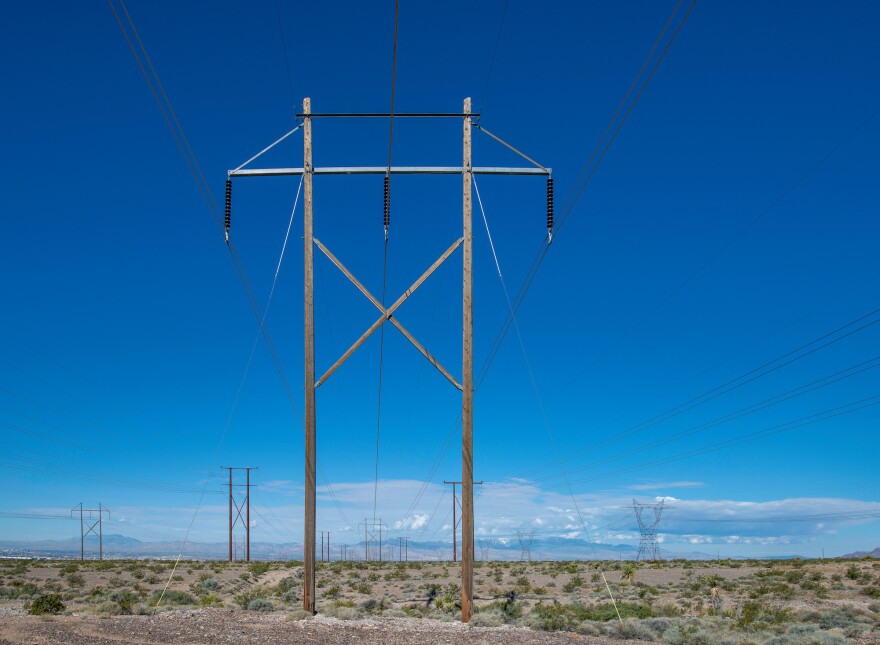For decades, Western utilities have mostly managed power on their own, linked by a patchwork of contracts. That fragmented setup often leaves wind and solar energy stranded when it’s needed most.
A new California law, signed this month by Gov. Gavin Newsom, could change that. It allows the state’s main grid operator — the California Independent System Operator, or CAISO — to expand into a regional energy market that includes other Western states.
The goal is to share electricity more efficiently across state lines, making better use of renewables and improving reliability during extreme weather events.
“Being able to trade over a broader area and bring that diversity of loads and resources is where we see the greatest benefit, both in consumer cost, savings, and reliability,” said Brian Turner, director of regulatory engagement at Advanced Energy United.
Regional coordination could help the West function more like other multi-state markets in the Midwest and East, which move power seamlessly and lower costs for ratepayers.
If successful, the shift could turn the West’s patchwork of utilities into a connected grid built for a renewable-powered future.
This story was produced by the Mountain West News Bureau, a collaboration between KUNR, Wyoming Public Media, Nevada Public Radio, Boise State Public Radio in Idaho, KUNC in Northern Colorado, KANW in New Mexico, Colorado Public Radio, KJZZ in Arizona and NPR, with additional support from affiliate newsrooms across the region. Funding for the Mountain West News Bureau is provided in part by the Corporation for Public Broadcasting and Eric and Wendy Schmidt.




